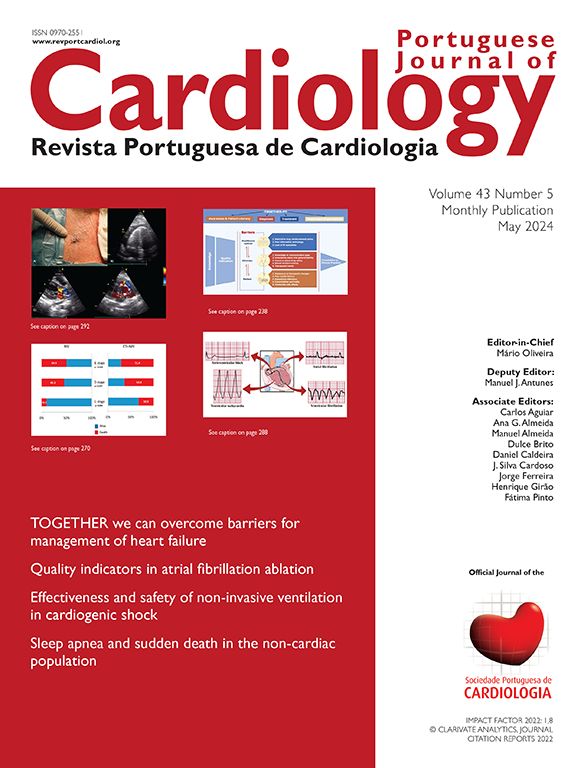I read the article by Platek et al. in the recent issue of your journal with great interest.1 In their study, the authors reported that deceased patients had higher levels of N-terminal pro-B-type natriuretic peptide (NT-proBNP) and higher troponin I concentrations on the third measurement than survivors, in patients with in-hospital cardiac arrest within 12 hours of admission. They also reported that these findings may be predictors for mortality. In the study by Platek et al. all patients had reduced ejection fraction; patients in the non-survivor group were older and had lower estimated glomerular filtration rate (eGFR).
Mortality predictors in heart failure with reduced ejection fraction are well known. In a large study which investigated these predictors, it was reported that older age and lower eGFR were the most powerful.2 Also in this study, older age had a higher correlation with mortality than ejection fraction. In the study by Platek et al. non-surviving patients had lower systolic and diastolic blood pressure levels. It is known that in-hospital hypotension is associated with increased mortality.3 Therefore, older age, lower eGFR and lower blood pressure levels may be stronger predictors of mortality than NT-proBNP levels in the study by Platek et al.
There are no data on New York Heart Association (NYHA) class in the study by Platek et al. NT-proBNP levels are positively correlated with NYHA class,4 and patients with NYHA class III and IV have higher mortality than those with NYHA class II.2 The authors should comment on the NYHA class of both groups, since there may be more patients with NYHA class III and IV in the non-survivor group than in the survivor group. In this sense, comparison of groups regarding their NT-proBNP levels may not be the best approach.
In the study by Platek et al. the authors reported that troponin I levels were higher on the third measurement in the non-survivor group. This measurement was made 12–24 hours after admission, meaning that it was made after cardiopulmonary resuscitation (CPR). In the study, there are no data on CPR duration in the two groups. It has been shown that longer duration of CPR is associated with higher troponin I levels.5 The higher troponin I levels on the third measurement may therefore be due to longer CPR duration in the non-survivor group. The authors should comment on CPR duration in both groups to determine the exact significance of higher levels of troponin I on the third measurement.
In conclusion, NT-proBNP may indicate high-risk patients. However, the statistical data of this study could be improved. To confirm NT-proBNP and higher troponin levels as predictors of mortality, a multivariate analysis should be performed including age, eGFR and blood pressure levels. Also, the duration of CPR in both groups should be specified.



